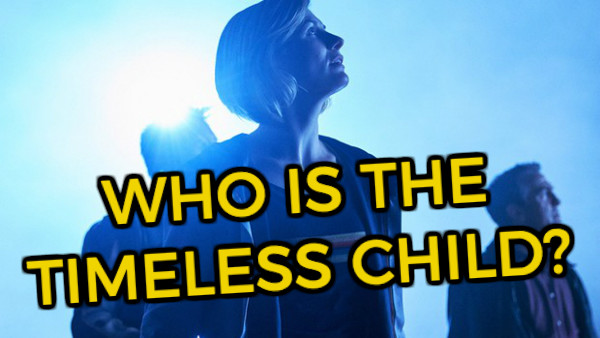Doctor Who Season 11: 10 BIg Questions After The Ghost Monument
All the major talking points following the latest episode of Doctor Who.

It has become something of an unwritten rule that a new Doctor or companion is introduced with a trio of stories. One set in the present, one in the past and the other in a distant future or world. Despite the promise of a radical change of direction for the series, and in keeping with all the talk about sticking to the rules of the game in the first two episodes, Chris Chibnall is very much playing it by the book.
The Ghost Monument takes the new Doctor and her accidental companions, Graham, Ryan and Yaz, to the planet Desolation, and as the post-credits sequence confirmed, it will be followed by the obligatory journey back in time with next week’s Rosa.
Once again, in contrast to recent years, the plot was stripped down to bare basics, and even more so than last week, Jodie Whittaker’s Doctor quite literally talked us through it, explaining all as the story unfolded – even things that were clearly visible to us. It’s part of the Doctor’s new best friend image of course, but this drive for accessibility does risk alienating some viewers who might be looking for more substance and subtext. The new Doctor has a tendency to unnecessarily vocalise her thoughts at times, when a look would do.
That said, this was an entertaining story, beautifully shot and directed, and whilst straightforward, it did raise a number of questions.
10. What's The Deal With The Implants?

In the series opener, The Woman Who Fell to Earth, the semi-sentient bio-gathering device tags the Doctor and her newfound friends by somehow installing DNA destroying bombs in their collar bones. In this week’s episode, before landing on Desolation they are implanted with a friendly chip, one that enables them to understand and communicate in alien languages.
The translator devices will have pleased continuity enthusiasts as they prompt the Doctor to inform the others that if the TARDIS was there they wouldn’t have needed the intrusive technology. It’s not a failsafe mechanism and previous scripts haven’t always maintained the logic. For example, it doesn’t work in Extremis, and with the TARDIS back on Earth, Bill and the Doctor have no problem communicating with the Ice Warriors on Mars (Empress of Mars). Here it functions to draw attention to the missing TARDIS.
While there’s a clear logic behind the translators in The Ghost Monument, the fact that two successive Chibnall scripts feature implants is interesting. A poorly conceived coincidence? Probably not, given that Graham comments on it. It’s also worth noting that in the series 11 trailers the main characters could be seen wearing some kind of implant attached to their temples. So this is not the last time our heroes will be augmented by alien technology.